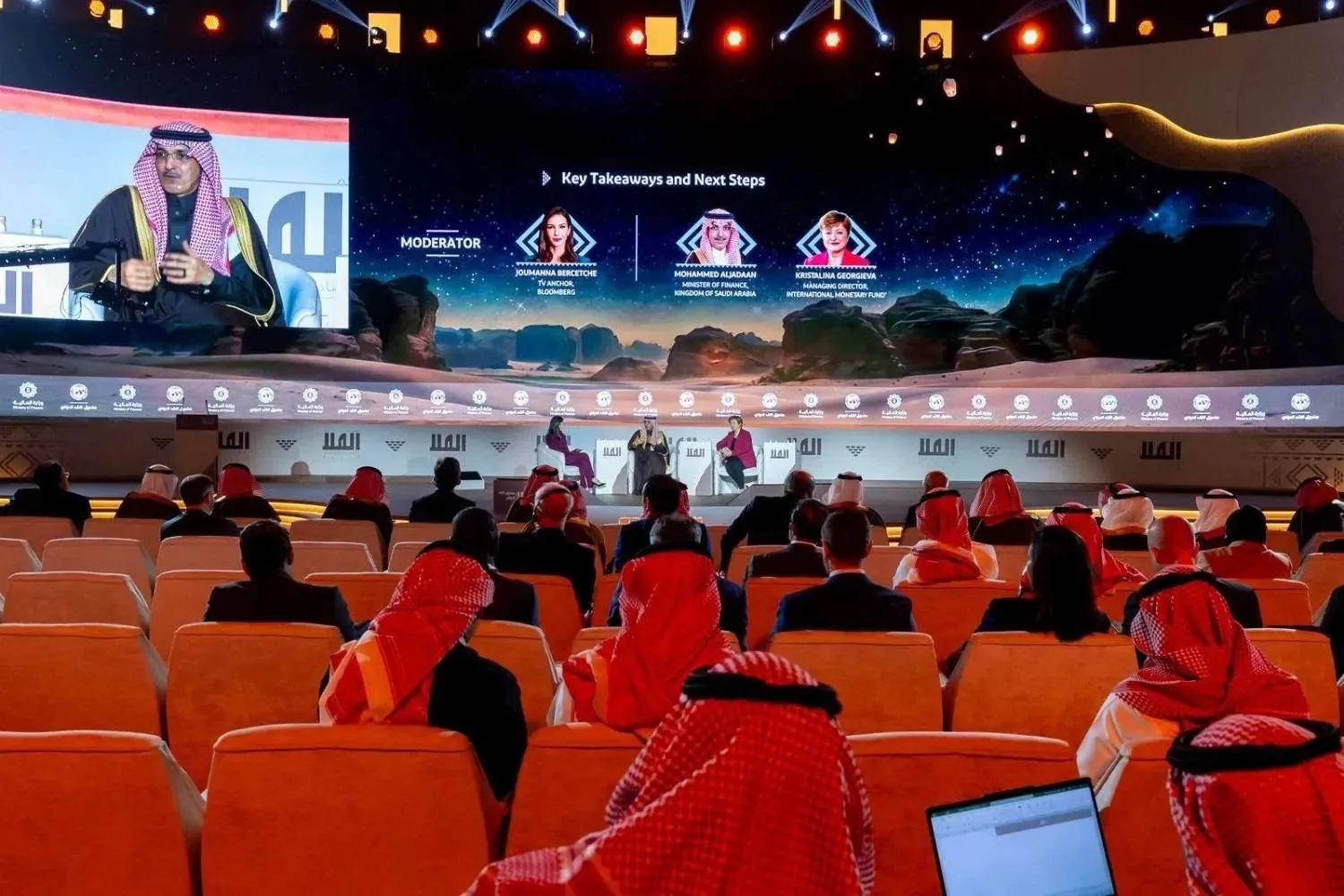Saudi Arabia’s government has effectively managed to contain inflation, slowing it down to its lowest level in a year, recording 2.3% in July compared to 2.7% in the same month of the previous year.
This was even lower than the 2.7% recorded in June.
The government’s control over the inflation rate is the result of economic measures and actions it swiftly undertook early on to confront the global surge in prices.
Experts interviewed by Asharq Al-Awsat emphasize the significance of the decrease in actual housing rental rates in July, which stood at 10.3 %, down from 10.8 % in June. This factor has played a pivotal role in reining in the inflation rate in the Kingdom.
Notably, housing rental costs constitute the largest sub-category in the consumer price index, accounting for 21 % of the index weight.
Experts also highlight the contributions of government initiatives and programs related to the real estate and housing sector in boosting the supply of real estate products in general, particularly residential apartments.
This has had a direct impact on rental prices. Additionally, the reduction in real estate financing due to the recent interest rate hike by the Saudi Central Bank has also played a role.
Mohammed Makni, a finance and investment professor at the College of Economics and Administrative Sciences at Imam Muhammad Ibn Saud Islamic University, explains that the inflation rate has experienced consecutive declines in the past three months, attributed mainly to the ongoing interest rate hikes by the Saudi Central Bank.
“In July of the previous year, the Federal Reserve decided to raise the interest rate by 25 basis points, and Saudi Arabia followed suit by raising its interest rate by the same level. This reduced the liquidity in the local market and consequently impacted the inflation rate,” Makni told Asharq Al-Awsat.
“According to the latest statistics from the Saudi Central Bank, consumer loans during the second quarter of the current year have witnessed a decrease, reaching 443 billion riyals ($118.1 billion), confirming the Kingdom's approach of draining liquidity from the local market,” he added.
Makni further elucidates that most activities in the Consumer Price Index during July showed a positive change. He anticipated the inflation rate to remain stable around 2% to 2.5% in the coming months, depending on the decisions taken by the US Federal Reserve.









